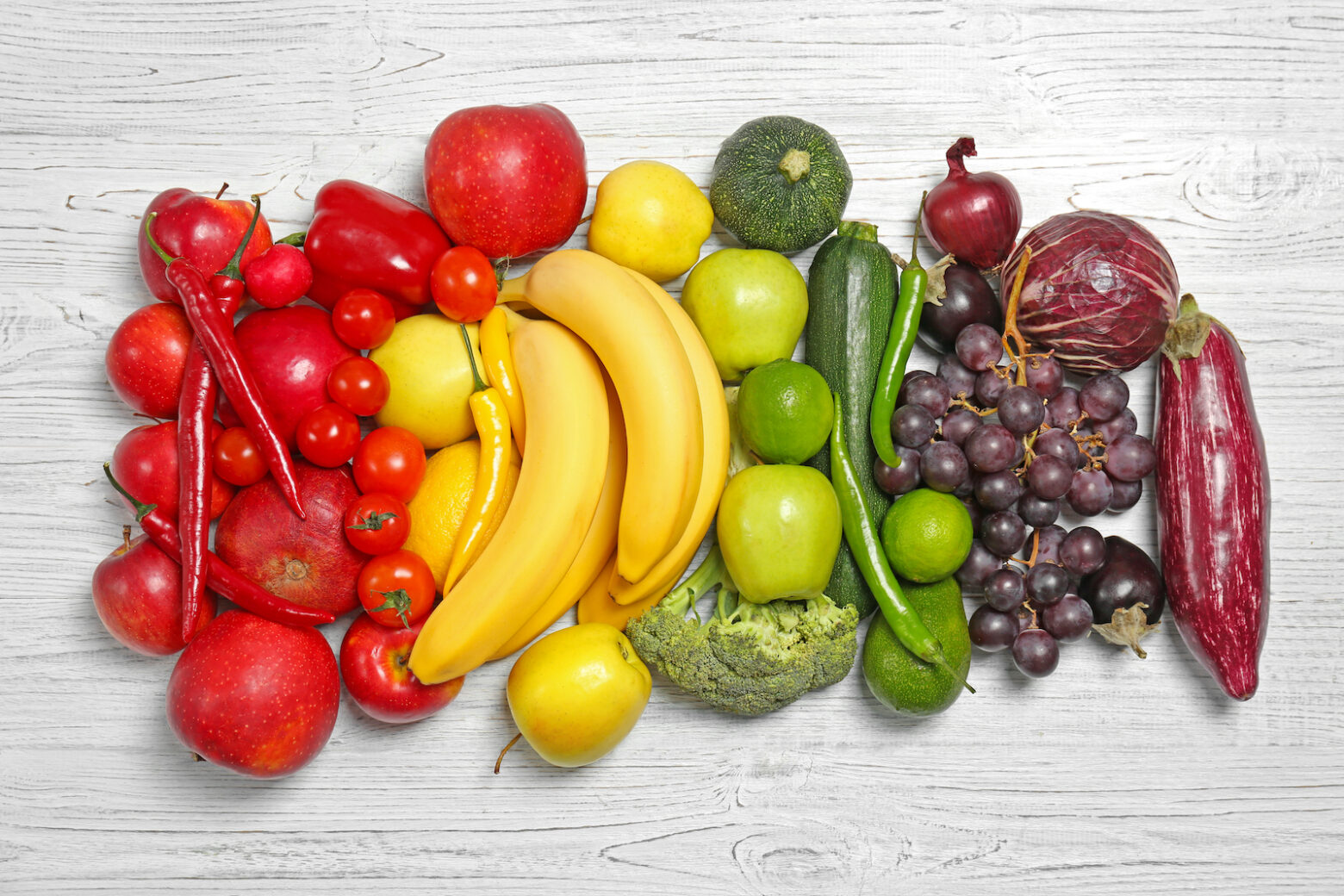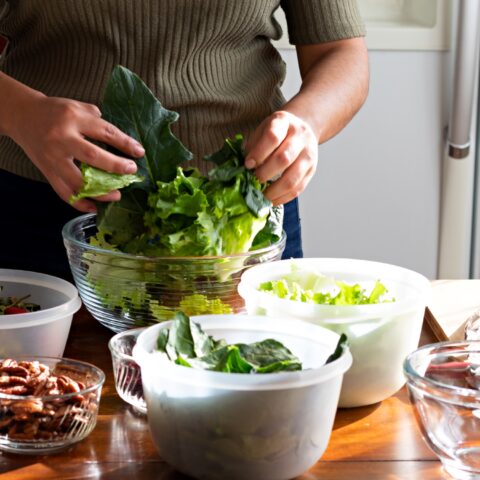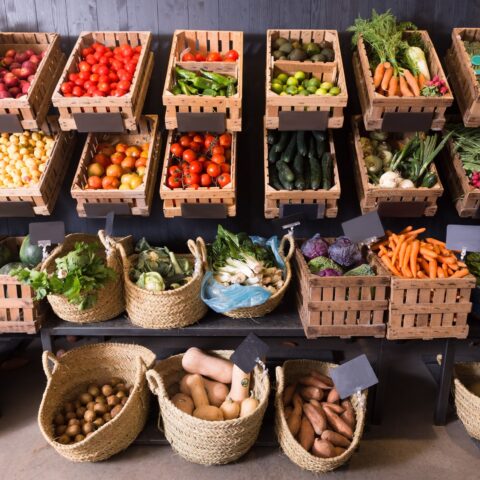Why Are Fruits & Vegetables So Healthy?

You’ve heard it before, and you’ll hear it again: Eat your fruits and vegetables!
There is no doubt that a diet with plenty of fruits and vegetables offers a whole host of health benefits, including protection from heart disease, stroke, high blood pressure, some types of cancer, eye disease, and gastrointestinal troubles. Eating healthy can be part of an alternative treatment against illness. In addition, fruits and vegetables can even help beat back the effects of aging.
Some fruits and vegetables are good natural sources of vitamin A, while others are rich in vitamin C, folate, and potassium. Vegetables have antioxidants, minerals, and phytochemicals. It is the color of the vegetable which helps our body’s immune system to fight with various toxic systems. Almost all are naturally low in fat and calories, none have cholesterol, and many are great sources of fiber. Fruits and vegetables also add wonderful flavors, textures, and colors to your diet.
Phytochemicals—the bioactive non-nutrient plant compounds in fruit, vegetables, grains, and other plant foods—have been linked to reductions in the risk of major chronic diseases. It is estimated that more than 5000 phytochemicals have been identified, but a large percentage still remain unknown and need to be identified before their health benefits are fully understood. However, more and more convincing evidence suggests that the benefits of phytochemicals in fruit and vegetables may be even greater than is currently understood because oxidative stress induced by free radicals is involved in the etiology of a wide range of chronic diseases.
Most people should aim for at least nine servings (at least 4½ cups) of vegetables and fruits a day, and potatoes don’t count. Go for a variety of kinds and colors of produce, to give your body the mix of nutrients it needs. Best bets? Dark leafy greens, cooked tomatoes, and anything that’s a rich yellow, orange, or red color.
The Paleo Diet Team
The Paleo Diet® team consists of a group of scientists, journalists, experts, and recipe creators who stay at the forefront of nutrition science.
More About The Author




